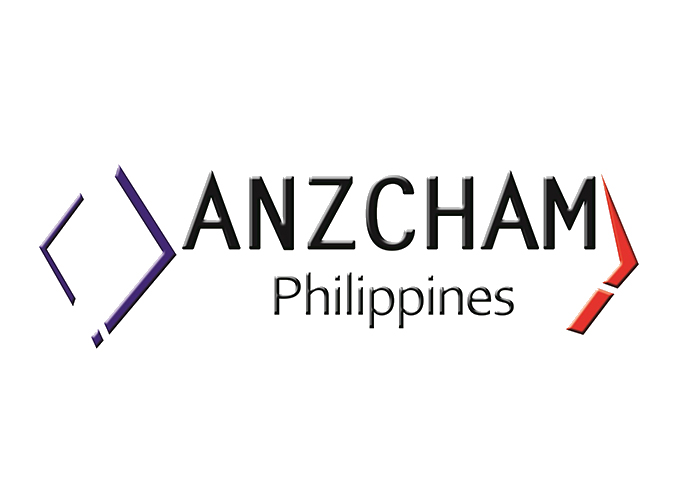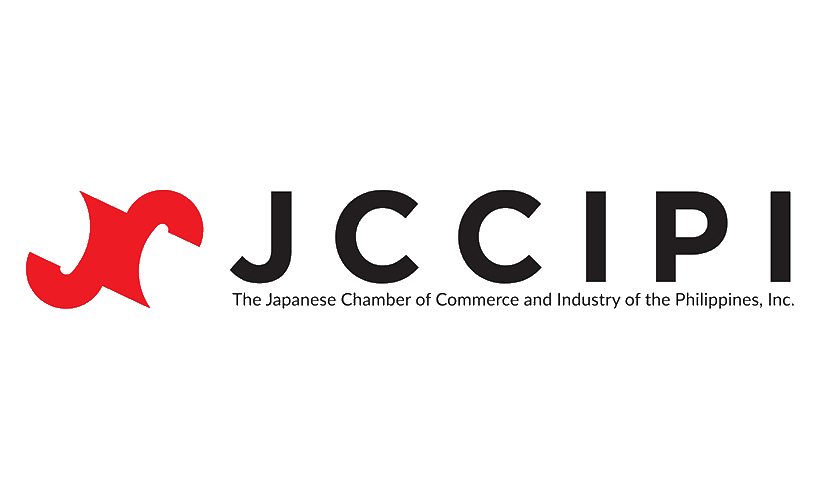Business wary of TRAIN package 2
March 13, 2018 at 10:08
Business wary of TRAIN package 2
Businessmen viewed the imminent changes in the country’s tax incentives regime under Package 2 of the Duterte administration’s TRAIN (Tax Reform for Acceleration and Inclusion) as creating uncertainty on the part of their business and operations.
Ebb Hinchliffe, executive director of the American Chamber of Commerce of the Philippines (AmCham), said TRAIN 2 creates uncertainty because it means the government is changing the rules midstream, resulting in most companies adopting a wait and see attitude.
Aside from the TRAIN 2, Hinchliffe also cited the unsettling political scenario both here and abroad, including the impeachment of the Supreme Court Chief Justice, the change in Constitution and move towards federalism, and US President Trump’s policies.
“We have seen a slowdown (in bullishness), but I believe the Philippines is still a good place for American investors, but am concerned for the short term as there is a lot of uncertainty at the moment,” said Hinchliffe, adding that AmCham is conducting a survey among its members.
“I want to see the result of the survey before responding too much. However, it is obvious that incentives work. And we have always taken the position of ‘don’t mess with PEZA’,” he said. PEZA (Philippine Economic Zone Authority) is the government agency that registers export-oriented enterprises and administers their tax incentives.
Guenter Taus, president of the European Chamber of Commerce of the Philippines (ECCP), has already surrendered to the eventuality of an overhauled incentives regime.
If it not possible at this point to maintain the current incentives, Taus said, “we are advocating for the lowering of the CIT [Corporate Income Tax] on the onset of the Tax Package 2 implementation, and for it not to be subject to any condition, at the minimum. The proposed measure seems to have too restrictive conditions and would do little to encourage FDI because it is too little and too uncertain.”
As may be noted in HBN 7214, the lowering of the CIT is dependent on the reduction of the cost of GDP in granting tax incentives to business investments.
“This reform balances the interests of all stakeholders and provides the government a broader tax base. Hence, the lowered CIT of 25 percent must be given on the onset,” he said.
TRAIN 2
At present, PEZA grants a juicy package of incentives including income tax holiday of maximum of 8 years and a perpetual 5 percent tax on gross income earned (GIE), zero VAT on local purchases and up to 30 percent of local sales, among others.
The latest draft of the Department of Finance’s TRAIN 2 has called for a complete overhaul of this incentives regime, including a cap to 5 percent GIE, to make tax perks more equitable and effective in creating jobs, industry development and attract more foreign direct investments, and generate more revenues to fund the government’s R8.4 trillion “Build, Build, Build” program.
In lieu of reduced incentives, the DOF is batting for a reduced CIT from the current 30 percent to 25 percent. TRAIN 2 also calls for the repeal of at least 30 special laws that grant incentives to investors.
Businessman Henry Schumacher stressed that reducing incentives is not good for investors.
“The scare of that is it is affecting investments in the Philippines already. Once that negative incentive thinking prevails, investors will go somewhere else. Something this country can ill afford,” he said.
During a panel discussion on “Philippine Business Perspective Amidst Changes in Government Policies” at the recent 2nd IT-BPM Business Resiliency Summit, Jose Mari Mercado, former president of IT-Business Process Association of the Philippines (IBPAP) noted that the industry for the past 12 years was looking for talent pool, right skills, infrastructure and government support, including tax incentives.
These are the same factors that incoming investors or expanding existing locators here will continue to look for. These factors are now becoming even more critical because investors benchmark that with other countries like Indonesia, Eastern Europe which is coming strong in the IT-BPO industry, India and even China.
“But the bigger challenge is the fear is that I sign up and invest and then the government says we are changing the rules,” he said.
Tax expert Atty. Benedicta Du-Baladad, however, said that there is still the unfinished business in the TRAIN 1, especially with the zero VAT rating, and TRAIN 2 is now pushing its way in.
Baladad further noted that the DOF proposal in the CIT is creating uncertainty because there is no fixed formula as the tax reduction will be made to correspond with the reduction in tax expenditure.
Baladad suggested that government instead set a fixed CIT that is based on the region’s average so investors can make plans based on this rate.
“Uncertainty, if there is, is the worst nightmare of businessmen because when they came in they have ideas of what they are going to get,” she said. However, she added that business also inputed that some rules become uncertain in the future because a government cannot stick to old rules forever.
“That happens in all countries,” she said. What business cannot accept is changing interpretation of rules as what happened in TRAIN 1.
To ensure stability in business, Baladad suggested a transition period before the new tax regime kicks in.
“It should not be immediate cut off, but a phasing out so industries need not worry,” she added.
EQUITABLE INCENTIVES
Finance Undersecretary Gil S. Beltran, a panelist at the same IT-BPO Business Resiliency Forum, explained that what the government is trying to do is to change this practice of choosing winners from few sectors and giving them incentives.
“That is a very unequal way of providing incentives,” Beltran said. The better way, he said, is a “flatter and broad tax rates that apply to all.”
While the business sector raised the issue of uncertainty, Beltran cited other types of uncertainty that the country will face if the government is not able to implement the tax reform program: the possibility of not doing the Build Build Build, incorrect distribution in CIT, and deficit going up because of BBB.
“This uncertainty causes more uncertainty because of instability in taxes because eventually we have to pay all those debts as we borrow a lot and that means more drain in the available savings,” Beltran added.
He also assured the audience composed mostly of IT-BPO officials that their sector has been performing very well in terms of jobs creation and exports. The IBPAP, which roadmap aims to attain $40 billion revenue and direct employment of 1.8 million by 2022, is the second highest dollar earner after OFW remittances.
“You have all the advantages in manpower and others, you can beat India. Your bigger problem is Trump, not Duterte. We continue to support the industry, it is just that some incentives are not permanent,” he added.
“We should not be worried too much about these things,” Beltran told the IT-BPO players as he narrated the overall sterling performance of the domestic economy, being the fastest growing economy in region, building of more infrastructure to account for 7-8 percent of GDP, while trying to minimize the dislocation from tax reform with funds for CCT.
Source: https://business.mb.com.ph/2018/03/11/business-wary-of-train-package-2/



























































